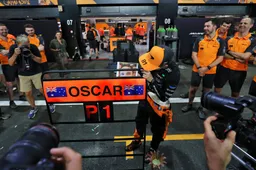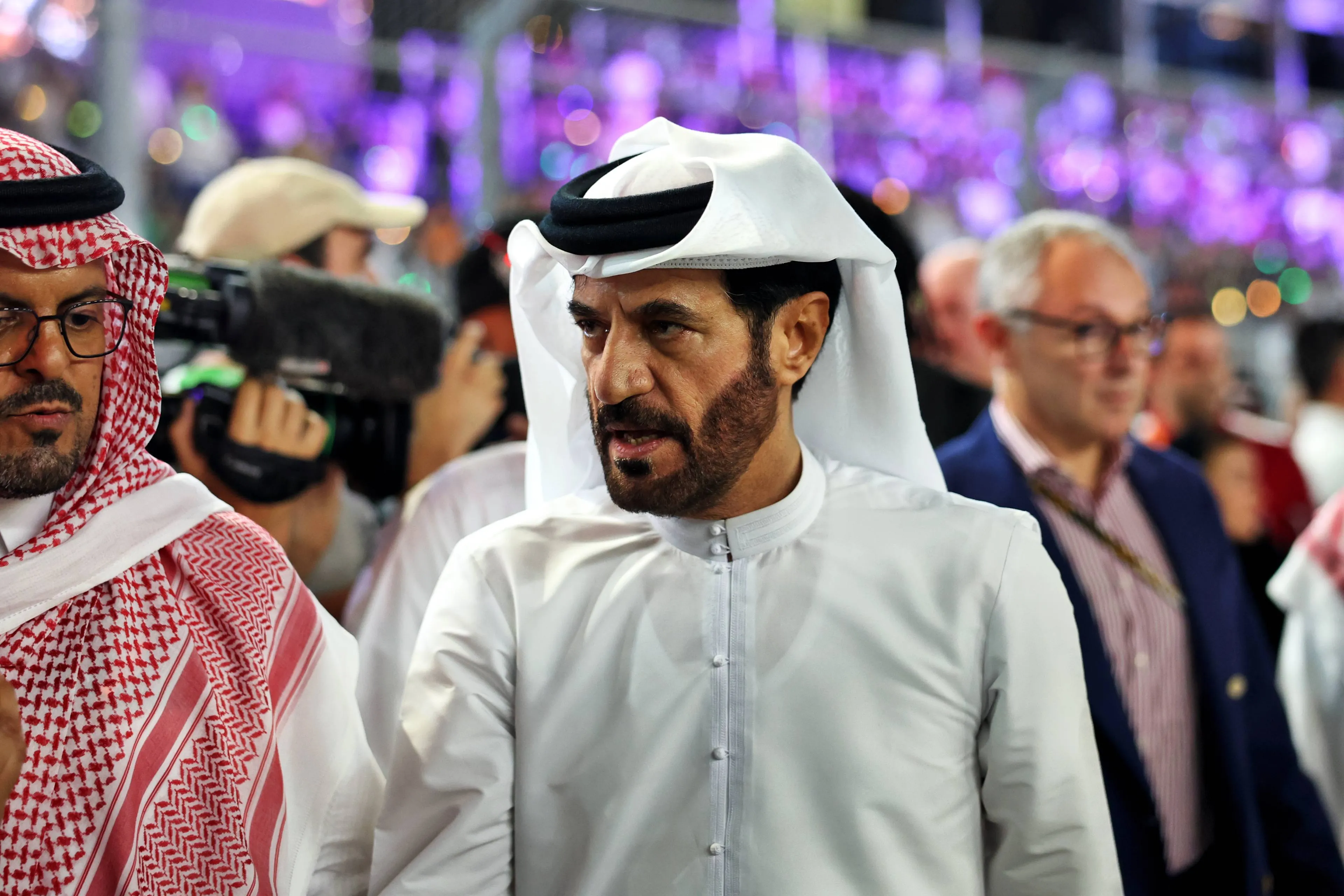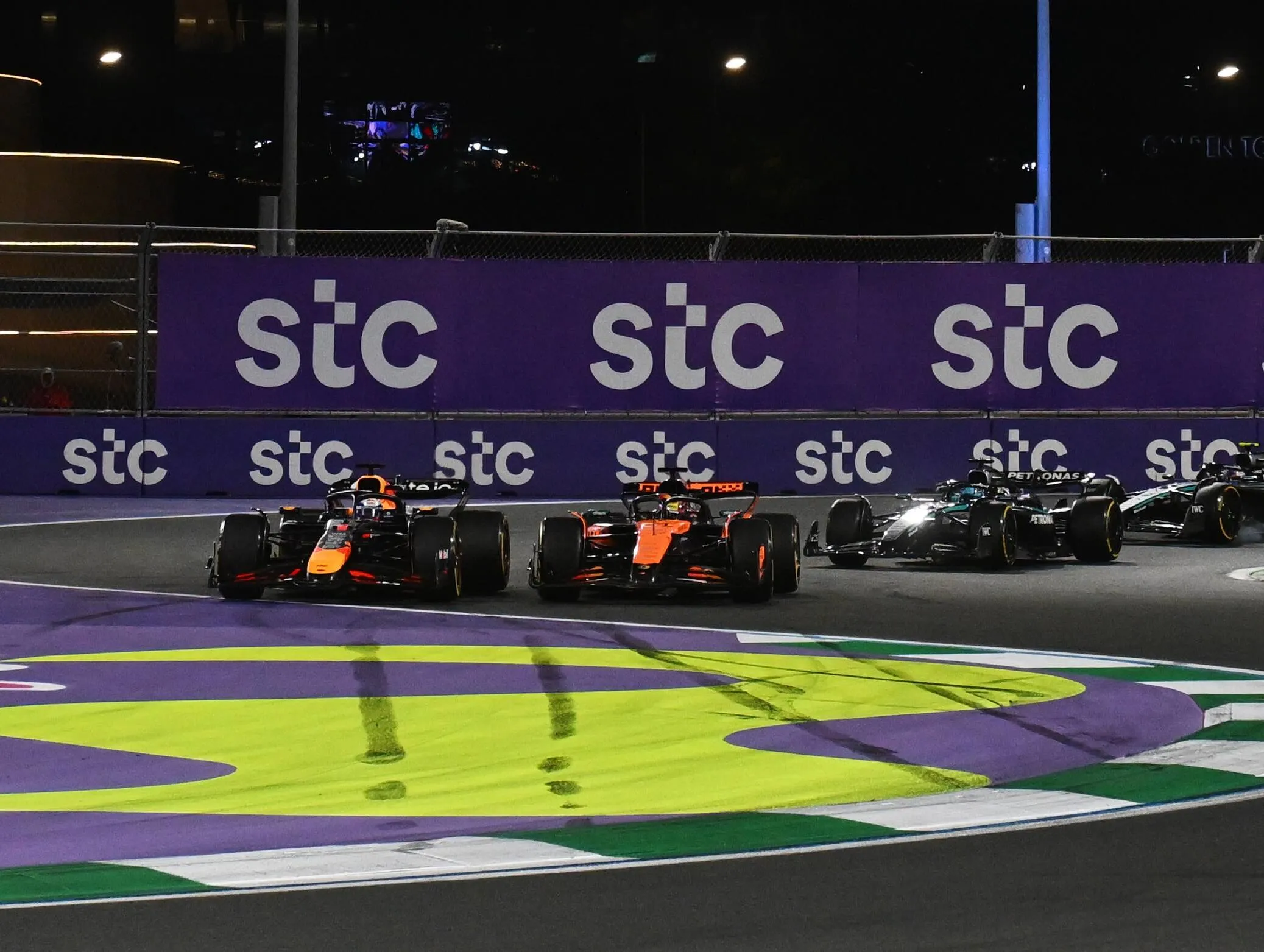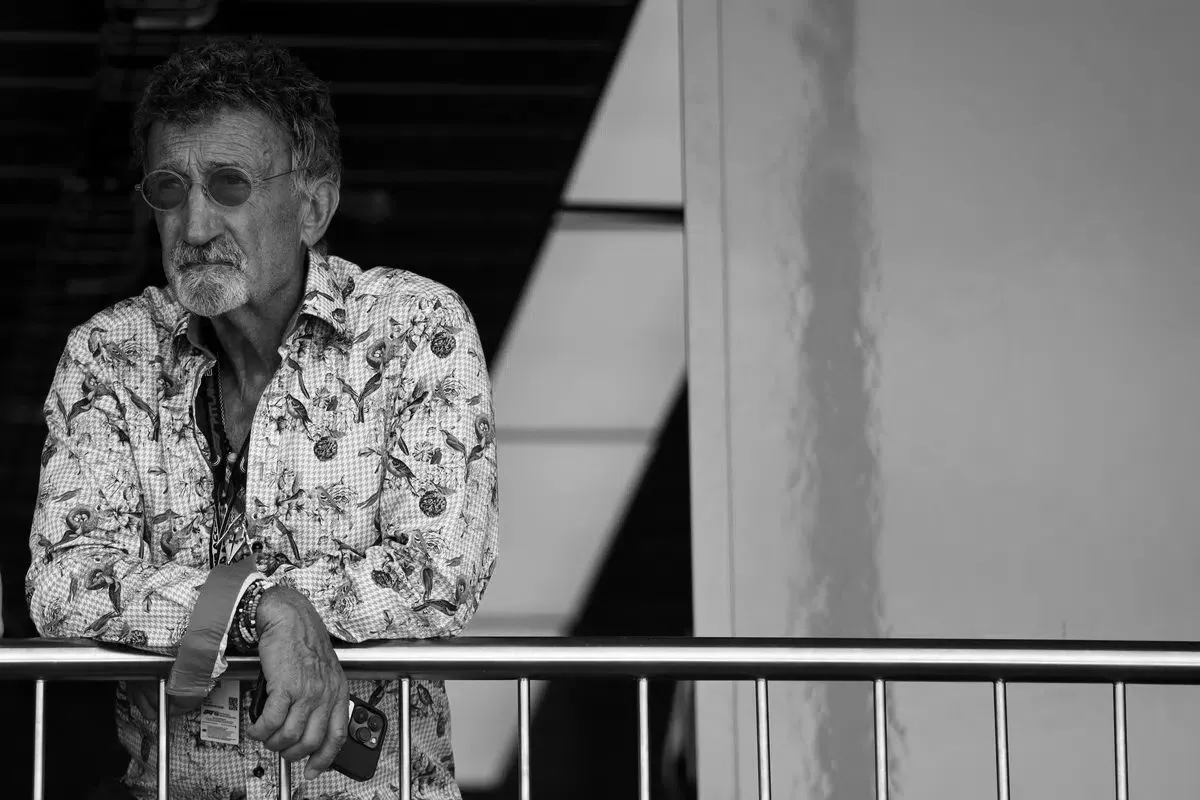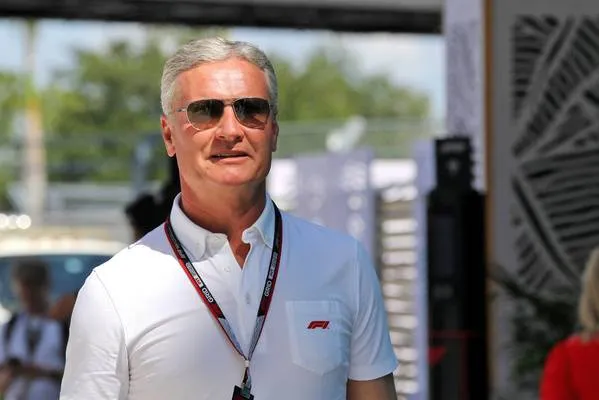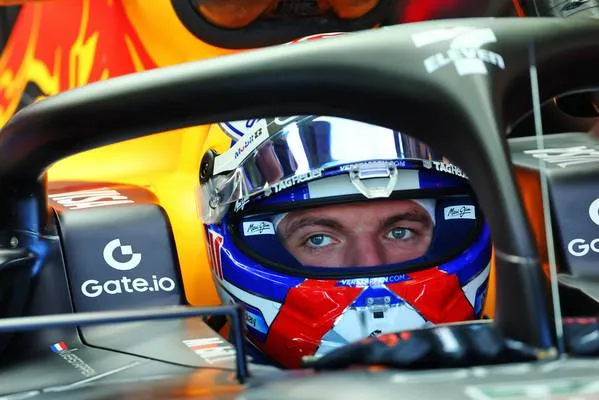An F1 commission meet is set to be held later this week, to discuss, amongst other things, a redistribution on the 2026 F1 engines' power output, which Mercedes team principal and CEO, considers 'a joke.'
For the upcoming 2026 regulations a 50-50 split between the internal combustion engine and the electrical side of the power unit was set as the target.
Reports have since emerged, though, that F1 manufacturers such as Honda, Red Bull Powertrains-Ford, Audi and Ferrari may not be on the right development track as to produce highly competitive engines, whereas Mercedes' situation would appear to be completely different.
This Thursday the F1 commission is set to meet to discuss a potential redistribution of the internal combustion and the electrical power output, due to the concerns there will be a large disparity in terms of competitiveness.
F1 teams not on the same page
This comes after the FIA held a summit with all engine manufacturers, including General Motors who are set to come into the sport in 2026, albeit if only as a customer team for the time being before making the progression to a full fledge works team status.
In said meeting the reported key finding, amongst others, was that the 2026 engine regulations would be fully backed. In Saudi Arabia, after the Grand Prix, Mercedes' CEO and team principal, Wolff, was asked his thoughts on the potential changes.
“Well, reading the agenda of the F1 Commission is almost as hilarious as reading some of the comments that I see on Twitter about American politics. I really want to protect ourselves and make no comment, but it's a joke. Like a week ago there was an engine meeting and then things like this end up on the agenda again," said Wolff.

What are F1's options for 2026?
Discarding the rules is not an option. If anything a redistribution of the power output between the internal combustion engine and the electrical side would be the most aggressive change, steering away from the 50-50 previously prescribed split.
An option to scale back the battery's power during races is also there, but it's a less likely route. Of course, the decision to leave things as they are is also on the table.
Popular on GPBlog

Verstappen's revealing economy of words after P2: 'See you in Miami'

Verstappen chooses silence over penalty: 'People can't handle the truth'
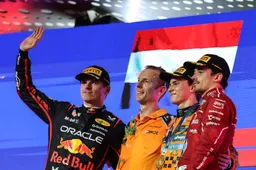
Brundle suggests that Verstappen strategically broke the rules in Jeddah



